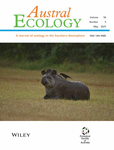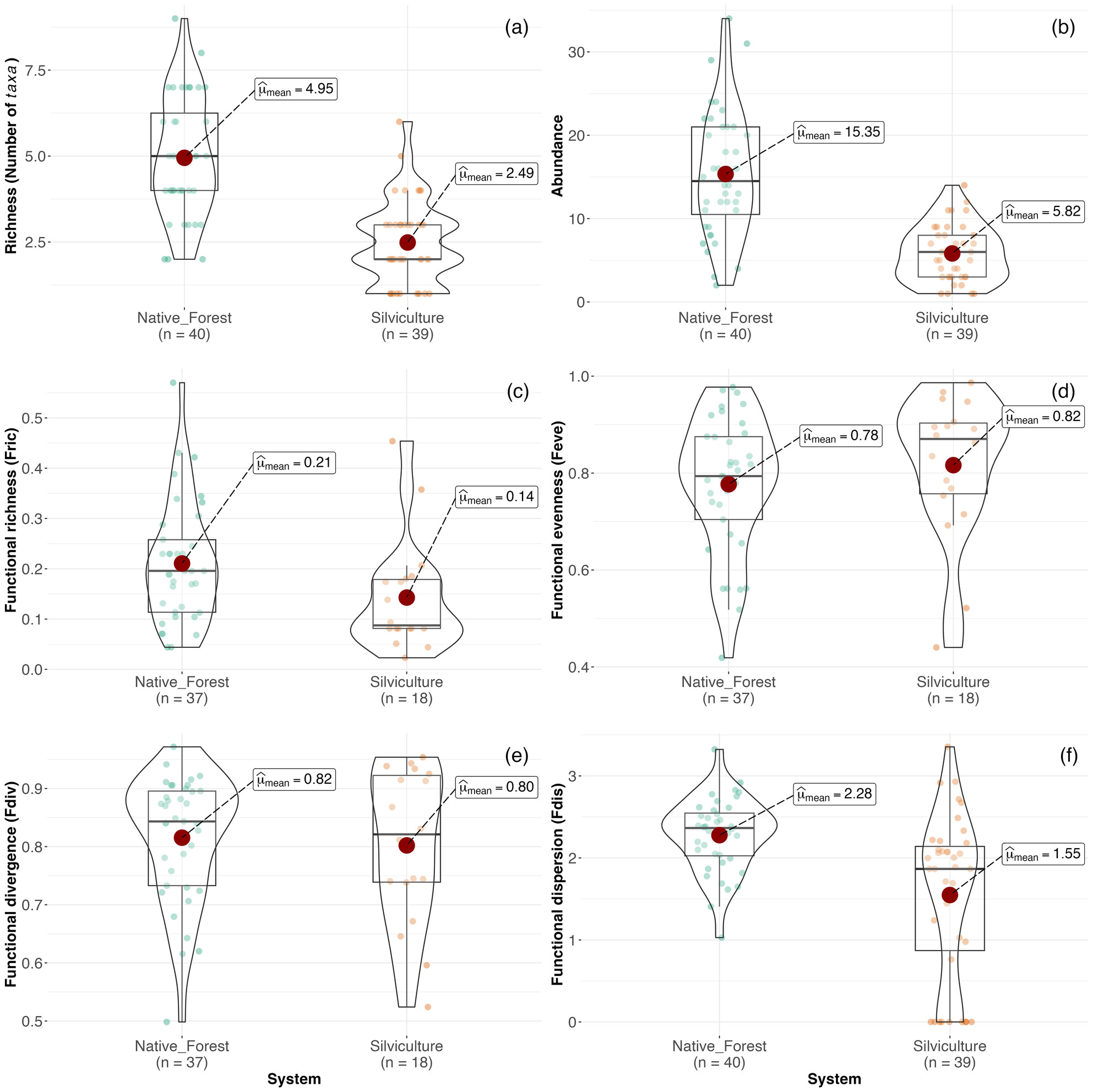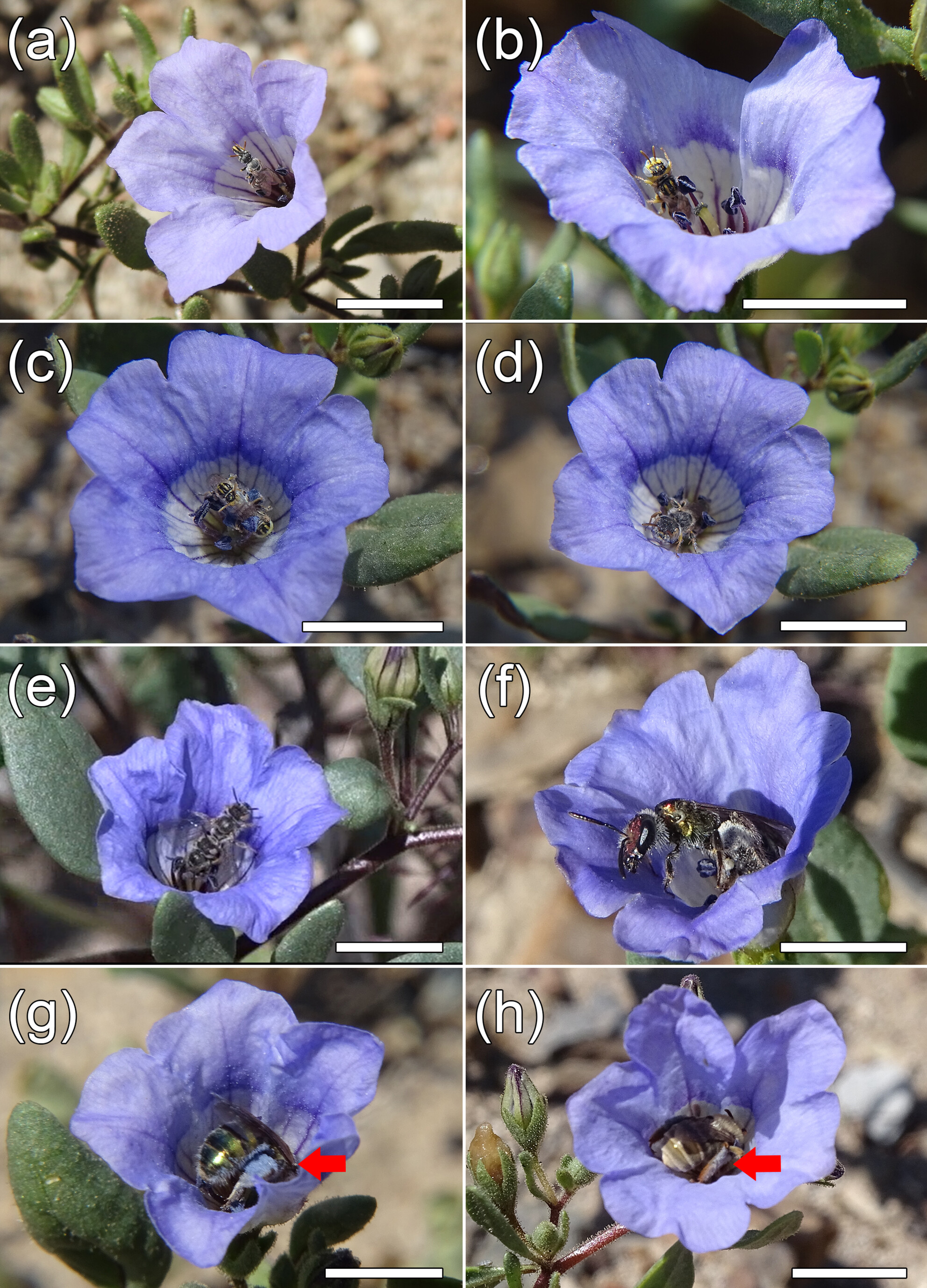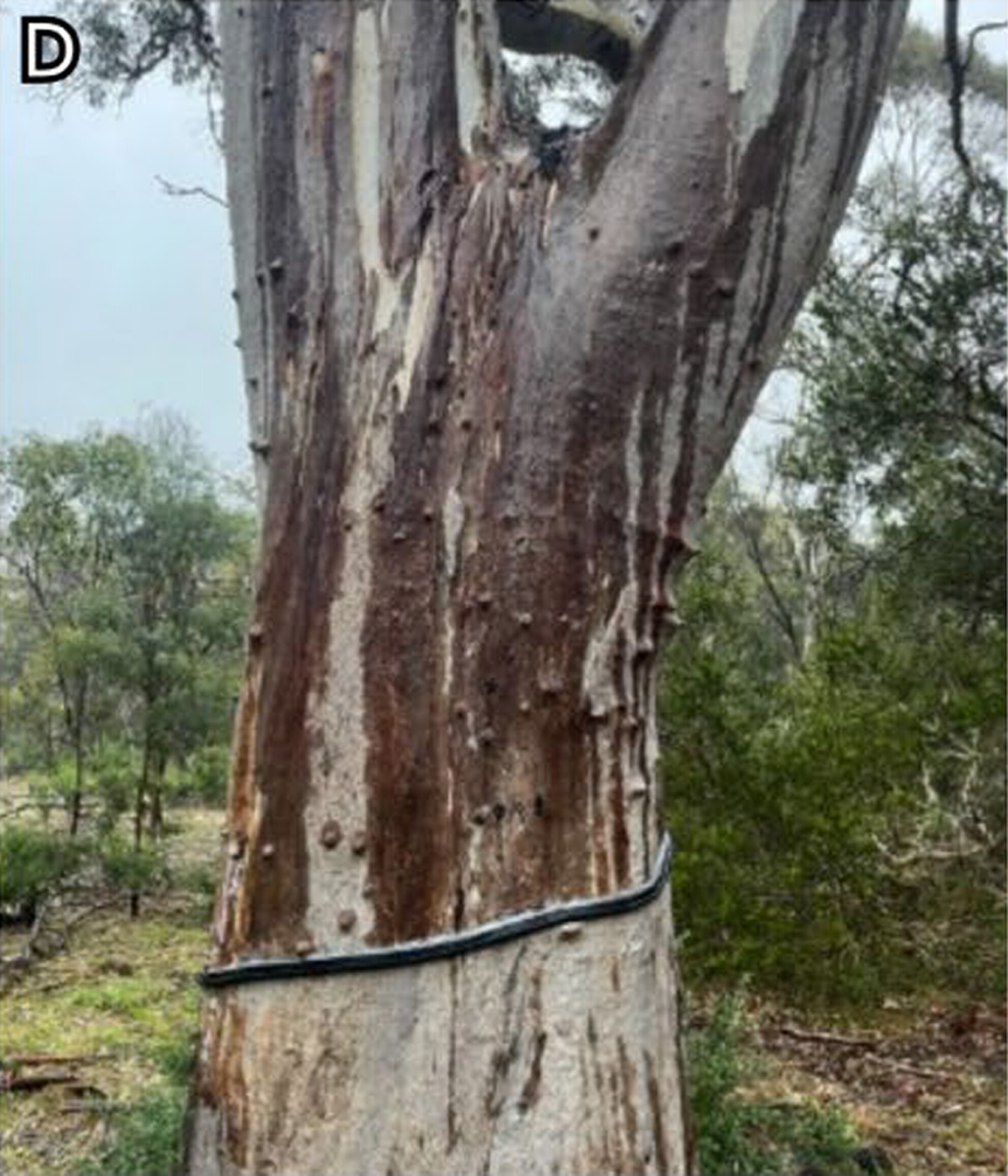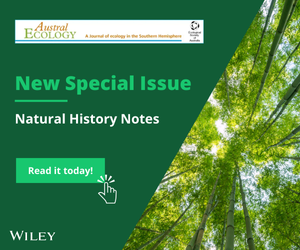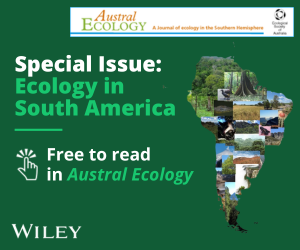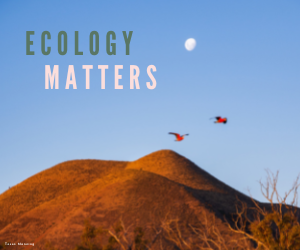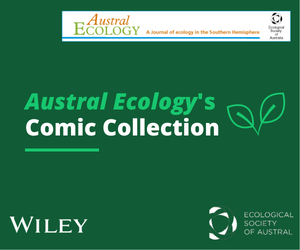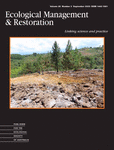Journal list menu
Export Citations
Download PDFs
ISSUE INFORMATION
RESEARCH ARTICLE
Leaf Traits Explain Shrubs' and Herbs' Functional Composition Shifts in a Climate-Impacted Tropical Montane Grassland
- First Published: 19 May 2025
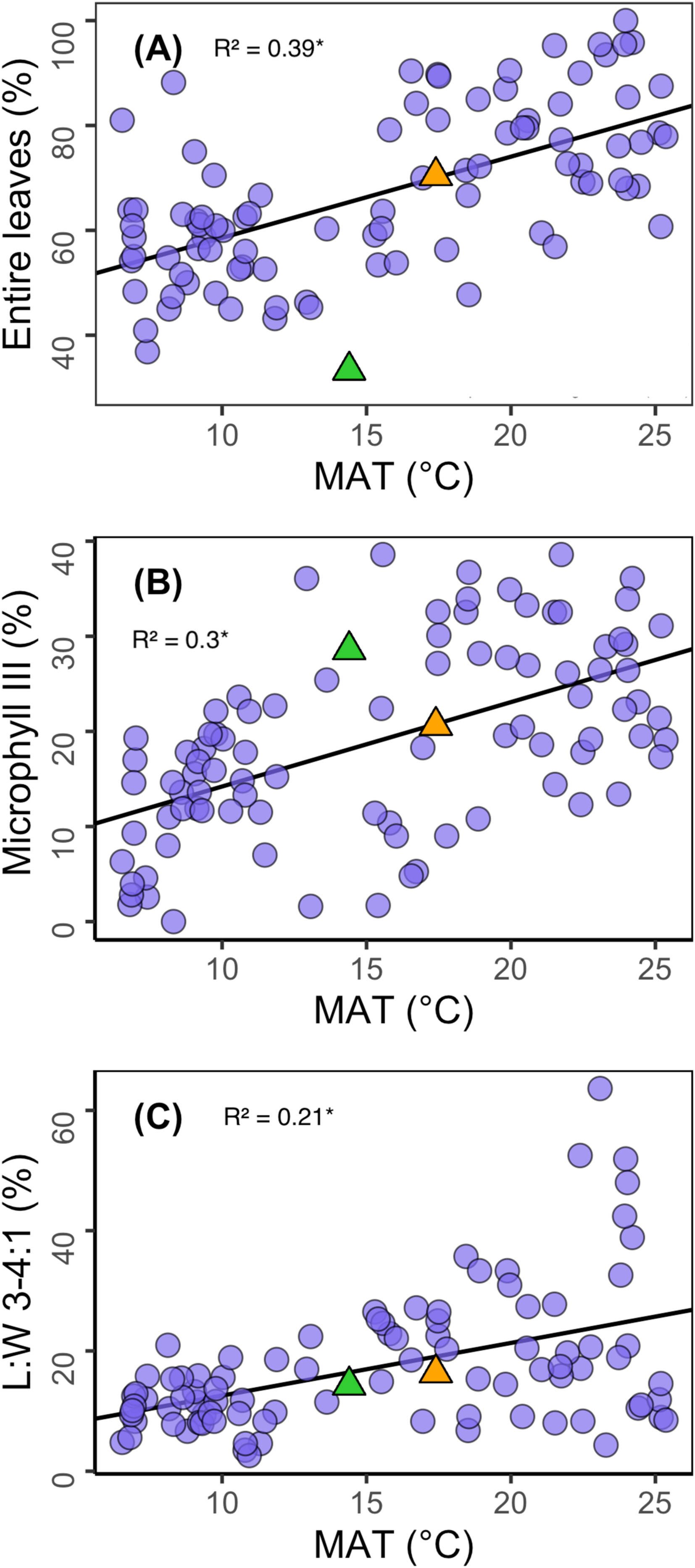
We found that in tropical montane grasslands, an increase in 3°C in temperature by the year of 2100, will increase the proportion of species with entire leaves. As leaves with entire margins tend to exhibit lower transpiration surfaces, an increase in species with a water-saving strategy is expected in the future. We also showed that plants with toothed leaves tend to have higher leaf water potentials and stomatal conductance rates, making them more vulnerable to atmospheric droughts.
Taxonomic and Functional Diversity Roles of Dung Beetles (Coleoptera: Scarabaeinae) in Native Forests and Silviculture Systems in Subtropical Region of Brazil
- First Published: 09 May 2025
Reproductive Biology of the Desertic Micro-Endemic Nolana chapiensis (Solanaceae: Nolanoideae) in Southern Peru: Self-Incompatibility and Solitary Bees as Exclusive Pollinators
- First Published: 09 May 2025
Highway Noise Worsens the Edge Effect on Bird Richness in Tropical Forests
- First Published: 14 May 2025
NATURAL HISTORY NOTE
Evidence of Persistence of Two Small, Sympatric Threatened Mammals (Dasyuridae) Following a Major Flood Event
- First Published: 09 May 2025
RESEARCH ARTICLE
Decision Analysis for Sustained Control vs. Eradication of Invasive Pines: A Case Study in the Southern Pampas of Argentina
- First Published: 19 May 2025
Habitat Selection and Movement Behaviour of Long-Nosed Potoroo in the Presence of Feral Cats
- First Published: 15 May 2025
RESEARCH NOTE
Seasonal Thermoregulation of Brush-Tailed Mulgaras (Dasycercus blythi)
- First Published: 19 May 2025
RESEARCH ARTICLE
Are Lizard Assemblages From the Atlantic Forest Under the Influence of Ecological Release?
- First Published: 26 May 2025
The Effects of Temperature on the Swimming Performance, Starvation-Survival and Morphometrics of Zoea 1 Larvae of the Kelp Crab (Taliepus dentatus) From Central Chile
- First Published: 19 May 2025
The State of Biological Research in Forest Canopies: Colombia as a Case Study for Megadiverse Tropical Countries
- First Published: 26 May 2025
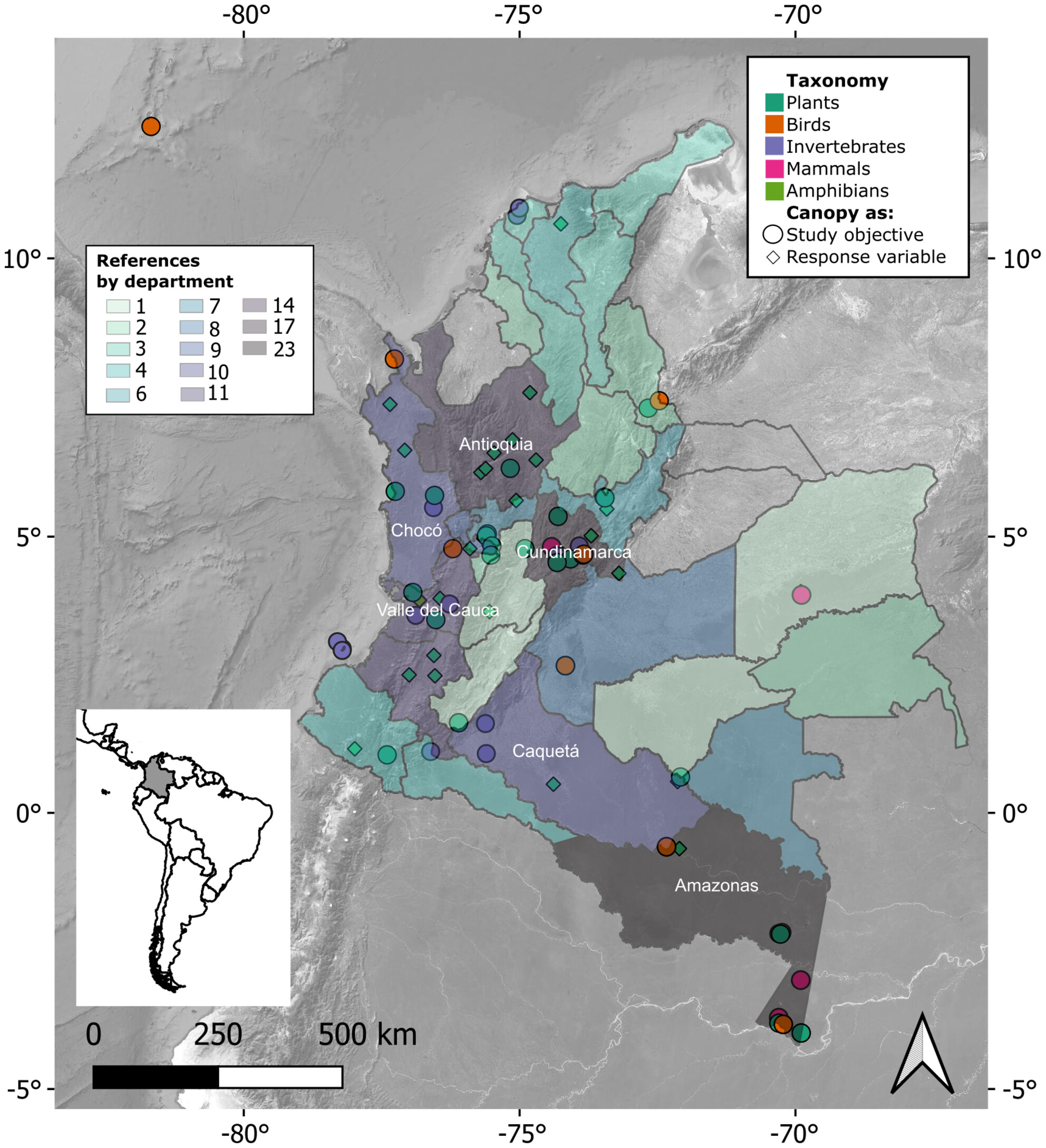
Forest canopies are important for the maintenance of forest biodiversity and ecosystem function, yet are poorly studied. We reviewed canopy studies in Colombia as a case study for megadiverse tropical countries facing accelerated deforestation. We found that 50 years of research on forest canopies in Colombia were plant-focused, ground-based, and occurred primarily in the Andes, leaving major gaps in our understanding of forest biodiversity.
Koalas (Phascolarctos cinereus) and Stemflow: Drinking More Than Just Water
- First Published: 22 May 2025
BOOK REVIEW
The Ancients. By , Allen and Unwin, 2025. ISBN: 978-1-76-106923-9
- First Published: 14 May 2025




